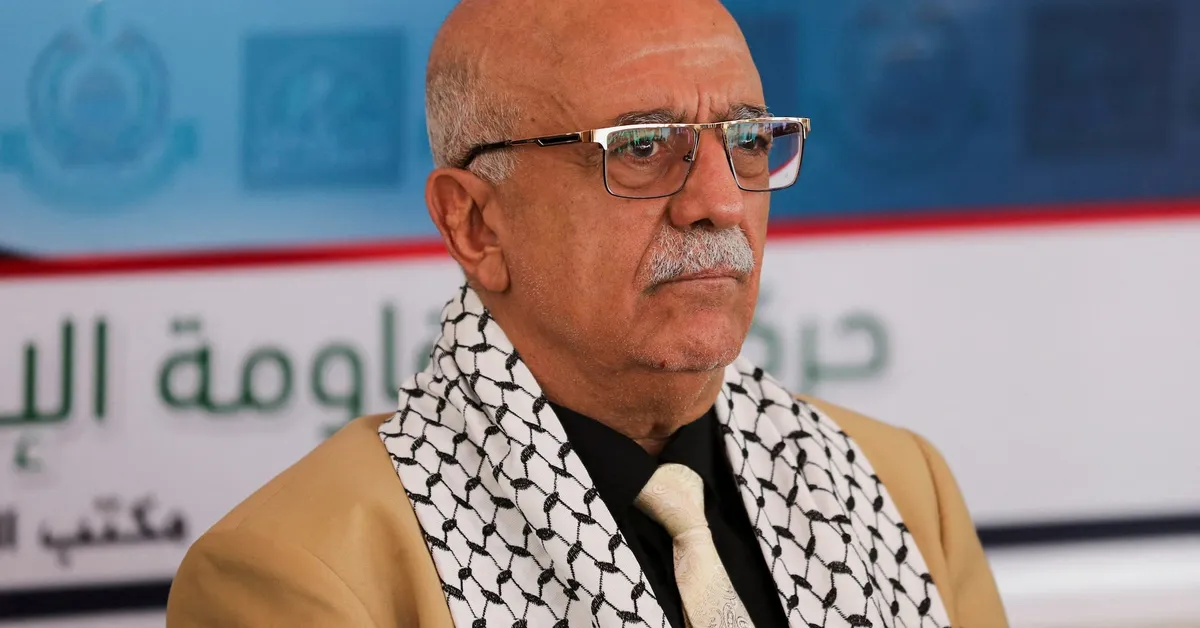
On August 30, 2023, a devastating airstrike carried out by Israel in the capital of Yemen, Sanaa, resulted in the deaths of the prime minister of Yemen's Houthi-run government, along with several other high-ranking ministers. This incident marks a significant escalation in the ongoing conflict and represents the first time senior Houthi officials have been killed in such an attack, according to Mahdi al-Mashat, the head of the Houthi Supreme Political Council.
The airstrike, which occurred on Thursday, also left a number of other individuals injured, although specific details regarding the casualties were not disclosed by Mashat. In a statement released on Friday, Israel confirmed that the airstrike targeted key leaders within the Iran-aligned Houthi group, including their chief of staff and defense minister, and stated that they were in the process of verifying the outcomes of the operation.
Ahmad Ghaleb al-Rahwi, who had been serving as prime minister for about a year, was reportedly killed in the strike. However, it is important to note that his deputy, Mohammed Miftah, was assigned to assume the prime minister's responsibilities following this tragic event. Rahwi had often been viewed as a figurehead within the Houthi leadership, lacking significant influence in the group's decision-making processes. He was initially an ally to former Yemeni President Ali Abdullah Saleh, whom the Houthis ousted from Sanaa in late 2014, a move that sparked a decade-long civil war.
Since the onset of the civil war, Yemen has been divided, with the Houthis controlling Sanaa and a Saudi-backed government operating from Aden. The recent escalation follows Israel's ongoing conflict in Gaza against the Palestinian militant group Hamas, which began in October 2023. In a show of solidarity with the Palestinians, the Iran-aligned Houthis have launched attacks on vessels in the Red Sea and have frequently aimed missiles at Israel, most of which have been intercepted by Israeli defense systems.
In response to the Houthi missile threats, Israel has executed airstrikes on various Houthi-controlled regions in Yemen, including the strategically important Hodeidah port. Over the past year, Israel has conducted a series of targeted assassinations aimed at senior leaders and commanders of Hamas and its Lebanese ally Hezbollah, actions that have significantly weakened both groups.
Israeli Defense Minister Israel Katz commented on the airstrike, labeling it a crushing blow against the Houthis and suggesting that this was merely the start of a broader military strategy. Following the confirmation of the prime minister's death, the Houthi-run news agency Saba published a statement from Defense Minister Mohamed al-Atifi, who declared that the group was prepared to confront Israel. However, the statement did not address the specifics of the Thursday airstrike.
Atifi, who oversees the Houthis' Missiles Brigade Group, is considered a leading expert on their missile capabilities. Sources have verified that several key ministers, including those responsible for energy, foreign affairs, and information, were also among the casualties of the airstrike.
Israeli security officials indicated that the airstrike targeted various locations where numerous senior Houthi officials had gathered to view a televised speech by their leader, Abdul Malik al-Houthi. In a televised address following the incident, Mahdi al-Mashat reaffirmed the Houthis' commitment to resist aggression and lift the ongoing siege, emphasizing that they would continue to stand firm regardless of the challenges faced.
The situation in Yemen remains fluid, with increased tensions likely to continue as both sides prepare for potential further escalations. The international community watches closely as these developments unfold, highlighting the complex and volatile dynamics in the region.